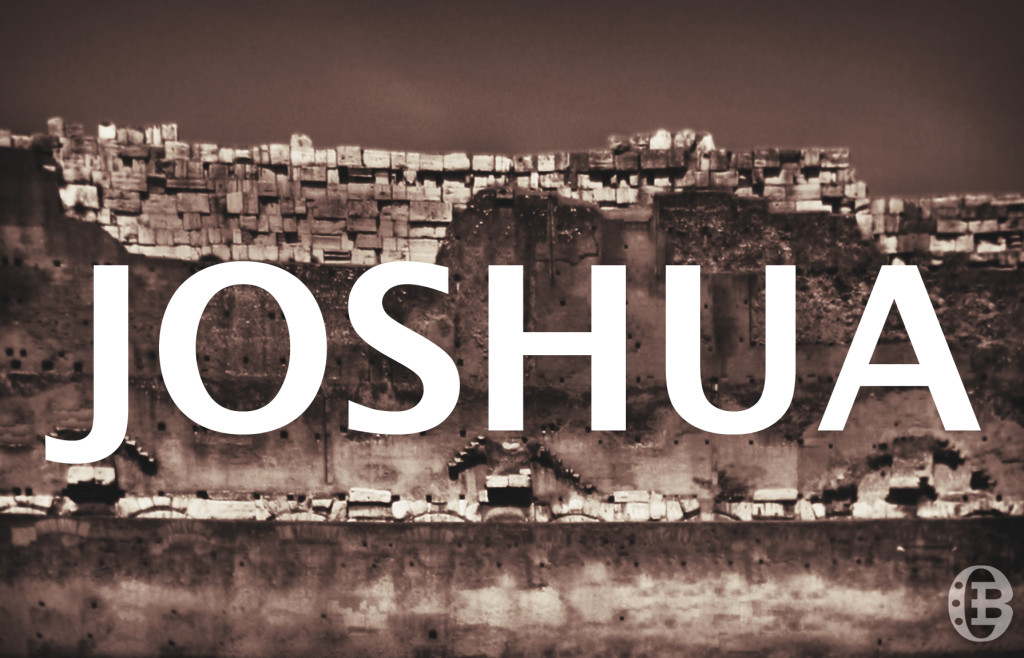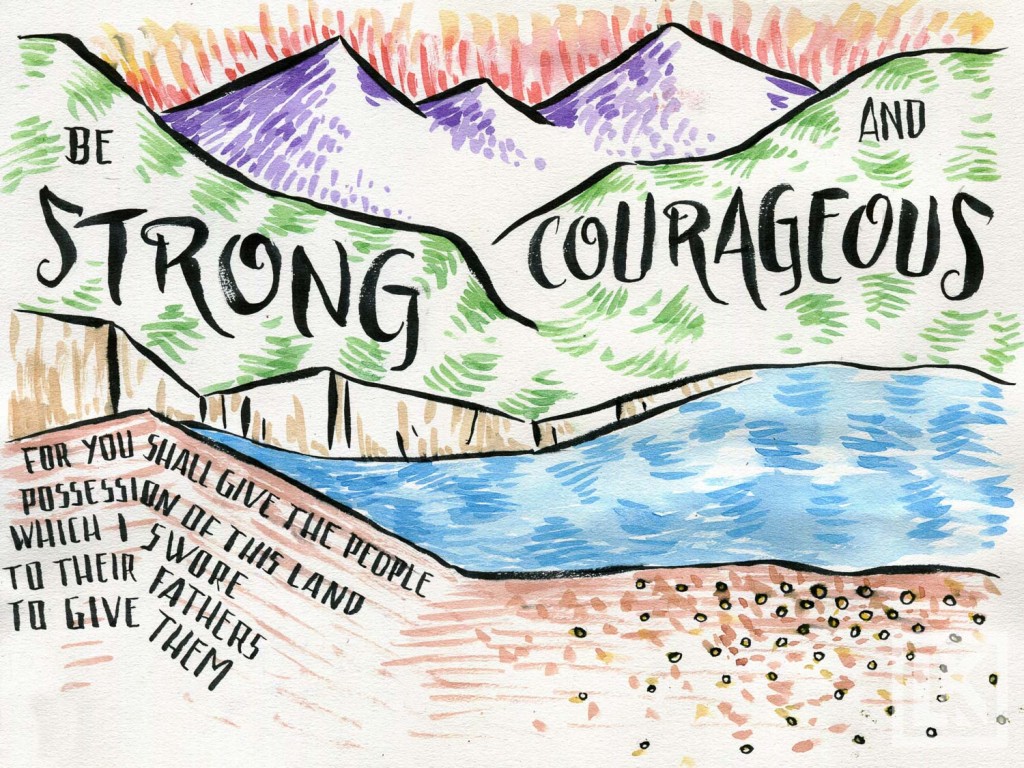
 Overview of Joshua
Overview of Joshua
The nation of Israel has followed Moses for 40 years. God has delivered them from slavery in Egypt, disciplined them in the wilderness, and brought them to the land He promised their ancestors Abraham, Isaac, and Jacob. But now Moses is dead, and his aide Joshua is commissioned to lead the people into the promised land of Canaan.
The book of Joshua kicks off the section of Old Testament history in the modern Christian Bible. It’s also the first book of the Former Prophets in the Tanakh, the Bible of Jesus’ time.
The book of Joshua marks God fulfilling His promise to Abraham: that the land of Canaan would belong to his descendants. More than 500 years later, the children of Israel finally settle the land and make it theirs.
This book also marks the end of an age for Israel. After Moses and Joshua die, there is no commissioned leader of the whole nation, save God Himself. Israel moves into the age of judges, when God periodically raises leaders to deliver Israel from her enemies.
Theme verse of Joshua
“Be strong and courageous, for you shall give this people possession of the land which I swore to their fathers to give them.” (Jos 1:6)
See more verse illustrations.
Main characters in the book of Joshua
There are a handful of important characters to note in the book of Joshua. The most important two are, of course, Joshua and Israel’s God.
Joshua
He’s from the tribe of Ephraim, and he served as Moses’s aide since his youth (Nu 11:28; 13:8). There were multiple points in the Torah (the five preceding books of the Bible) when Israel turned away from their God and/or Moses, but Joshua was completely loyal to both. Joshua was not involved when Israel turned away to worship a golden calf (Ex 32:17–19). Furthermore, when Moses sent Joshua and eleven other spies into the promised land ahead of the people, Joshua was one of the only spies who believed that Israel’s God could help them seize the land (Nu 14:6–9). At the end of Moses’ life, God chooses Joshua to lead the nation into the promised land.
God
The first half of Joshua is filled with battles of conquest as Joshua and Israel invade the land of Canaan. However, the primary warrior isn’t Joshua. The ancient Israelites viewed this as a spiritual war, and the true commander was the Lord himself. Thanks to Israel’s God, Jericho’s walls tumble, the sun and the moon stand still, and thirty-one kings are routed by a single nation.
A few other noteworthy characters appear in Joshua—and their noteworthiness is directly tied to their faith in God. Rahab, the Canaanite harlot, is an unlikely ally to Israel’s God—but she’s loyal to him anyway. Achan betrays God and his Israelite countrymen for riches, which has grave consequences for him and the nation. Caleb, who also kept faith in God when he spied out Canaan with Joshua, finally receives his share of the promised land (Jos 14:6–15).
Summary of the book of Joshua
Joshua falls into a two large parts, both of which are made up of two smaller parts—allowing the book to fall roughly into quarters.
I. Joshua conquers the land (Jos 1–12)
A. Entering the land (1–5)
The book opens with God commissioning Joshua to be strong, courageous, and loyal to him, because it’s on Joshua to lead the people into the land that God promised to their ancestors. God demonstrates his support for Joshua (and the rest of the nation) by miraculously stopping the Jordan river and allowing the nation to enter Canaan on dry ground. It’s a callback to how God famously parted the Red Sea for Moses: just like God saved the former generation from the gods of Egypt, had God’s protection.
This section culminates with Joshua meeting a mysterious warrior. Joshua asks the swordsman whose side he’s on: Israel’s or her enemies. The stranger says he’s on neither side, and reveals himself as the commander of God’s army. This is a key theme for not only Joshua, but the rest of the books of the Prophets: God isn’t the one who takes sides. Humans must choose where their loyalties lie.
B. Possessing the land (6–12)
Beginning with the famous “battle” of Jericho, the Lord wins victory after victory on Israel’s behalf. As the Israelites move through the land of Canaan, we see people reacting different ways to Israel’s God. Some natives of the land, like Rahab and the Gibeonites, choose to side with God, and they integrate into the nation of Israel. The thirty-one kings who oppose Israel are defeated. And even the rogue Israelite who chose wealth over loyalty to God faced horrible consequences.
II. Joshua distributes the land (13–24)
A. Tribal territories (13–22)
Hundreds of years earlier in the Bible’s storyline, God promised that Abraham’s descendants would have the land of Canaan as their possession. Abraham’s descendants have grown into a nation of twelve tribes, each of which finally inherits a portion of land. This section of the book lays out the cities and regions that fell to each tribe.
B. Joshua’s commission (23–24)
Before he died, Moses gave Joshua’s generation a choice. They could obey the Torah and enjoy God’s blessing and protection in the land, or abandon their God and forfeit both his protection and the land itself. (This is all in the book of Deuteronomy.) As Joshua nears the end of his life, he does the same thing. Joshua gathers the next generation and tells them that they will be tempted to serve the gods of Mesopotamia (Abraham’s homeland), the gods of their new land, or the God that gave them everything they enjoy. The people swear to follow God, and they do … at least until Joshua and his contemporaries die.
What happens after that? That’s what the book of Judges is all about.




